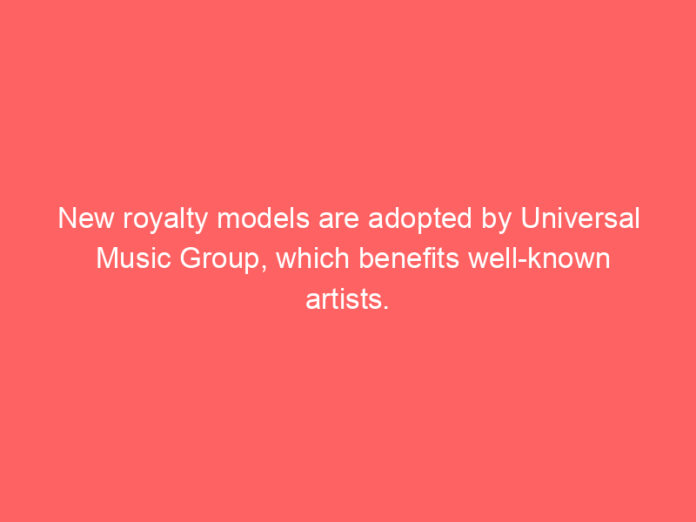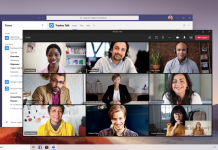
The goal of Universal Music Group’s (UMG) new streaming agreement with French music service Deezer is to increase listener payments to professional musicians. With the modifications, popular songs would effectively receive two listens for the price of one, earning them more money than lesser-known ones. No matter the genre or artist of the song, companies like Apple Music, Spotify, and Deezer now share royalties based on the total number of listens.
According to the Financial Times, under the new agreement, “professional artists,” including well-known performers like BTS and Billie Eilish as well as up-and-coming bands, will actually experience payout hikes of 10%. Artists must receive a minimum of 1,000 streams each month from at least 500 different users in order to be eligible for the higher payments. If users actively look for particular musicians and songs to play, the values can increase once more to the equivalent of four streams.
“A song by your favorite artist is more priceless than the sound of rain or a washing machine”
According to Deezer CEO Jeronimo Folgueira, the agreement represents the “most ambitious change” to the music streaming industry’s economics since it began. According to a press release from Folgueira, “There is no other industry where all content is valued equally, and it should be obvious to everyone that the sound of rain or a washing machine is not as valuable as a song from your favorite artist.”
Tracks identified by Deezer as non-artist ambient noise will lose their revenue, and the business plans to replace them with sounds from a new in-house sound collection. According to Deezer, it won’t receive any royalties from the impending noise tracks.
The rise of streaming music hasn’t necessarily resulted in record labels having more money.
According to the press release, UMG and Deezer’s “artist-centric” partnership effectively disincentivizes amateur recordings and unlawful uploads, protecting streaming royalties for artists. According to Deezer, its systems recognized bogus accounts and payment fraud in around 7% of streams in 2022 and flagged them as potentially fraudulent. In the fourth quarter of this year, Deezer will introduce the new model in France before expanding to other regions.
Folgueira reveals in an email to The Verge that the deal may involve more than just UMG:
As more labels sign up for the new model right now, we anticipate having additional content providers on board when we officially launch. In 2024, we want to have completed a full rollout involving all service providers and nations.
The widespread use of music streaming hasn’t totally resulted in record labels having more money. According to statistics from Goldman Sachs Research released in July, the amount of streaming music consumed has climbed by 2.5 times since 2017, yet revenue per stream has decreased by 20% during the same period.
Over time, Deezer and UMG will work together to modify the payout methods, which may have an impact on agreements with other streaming providers. With its “fan-powered royalties” concept, SoundCloud, another music streaming service that is experimenting with rewards, has Warner Music Group on board. Instead of pooling all subscription revenue for all artists to share equally, that strategy distributes each subscriber’s fees among the artists they really listen to.














































